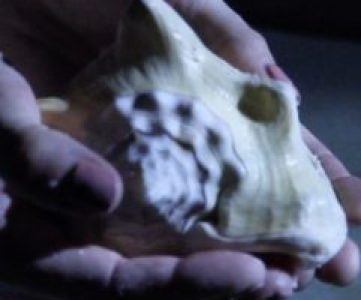TT Journal, Vol.1, ISSUE 1, 3rd November 2020
Reflections on being in touch with current events
Last year I read the Danish 19th century actress Johanne Luise Heiberg’s monumental four volume autobiography A Life Relived in Memory. I had remembered in her writing something about the cholera epidemic in Copenhagen in 1853 – it lasted from mid-June to the end of September and killed around 5,000 in a city of 130,000 – and I wanted to see again how she felt and experienced it. I was right in remembering there is something in her book, but to my surprise she deals with it in a single page!
At the outbreak of the pandemic, the actress and her husband, the poet and literary critic Johan Ludvig Heiberg, had just left the city for their summer break in Taarbæk, north of Copenhagen. Their residence in the city was part of the naval hospital and when they learned that many sailors were accommodated there and sad to be trapped indoors, they allowed them to use their garden. Later in the year when Heiberg returned to the city, she found a poem one of the sailors had written in pencil on the stairs. She mentions only one more detail: the season at the theatre had to be postponed for almost three weeks. Thus, in her reliving of memories this one event apparently did not take up much space.
For a writer who mostly demonstrates an acute sensitivity towards people this is puzzling. Or perhaps this single page about her life on the stage and her generous offer to the sailors to use her garden reveals how she could also be insensitive – some have said sarcastically of her memories that they should be called ‘re-lied’ rather than relived. However, it is still difficult for me to comprehend how such an event could be virtually omitted from Heiberg’s autobiography, with the exception of her also noticing that people were concerned for their loved ones.
I am sitting in the same city and feeling, perhaps like Heiberg, the current pandemic as distant. Though it is affecting our lives on a daily basis, I am very privileged compared to Heiberg and people in many different corners of the world. Like her, being in Taarbæk with the disease far away in the city, I am a spectator of a changed world, without ever witnessing the causes of those changes myself. Despite feeling distant from the pandemic, created by being relatively safe, it also feels present, occupying everyone and changing things around me.
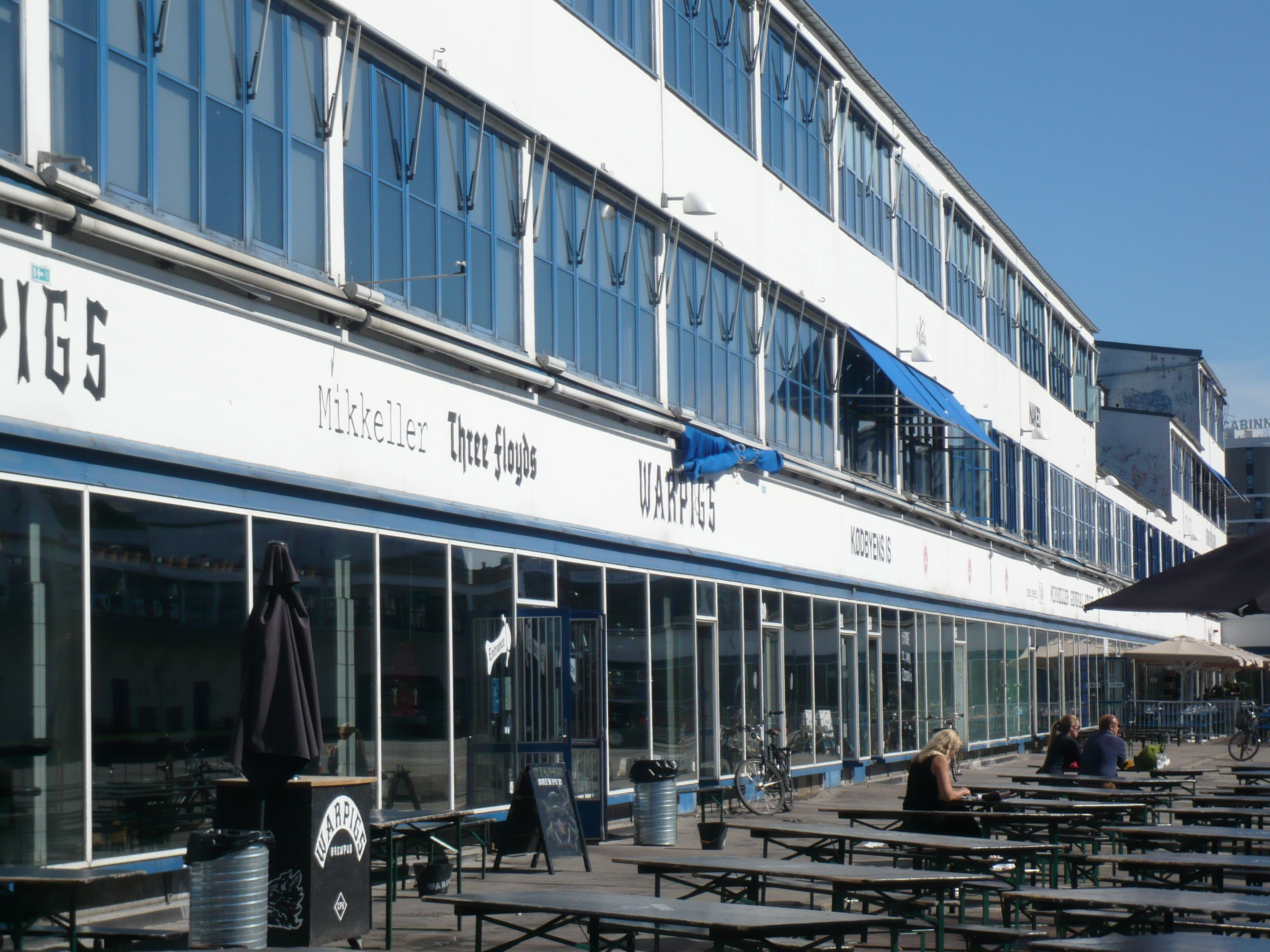
It is puzzling how an event that for Heiberg must have been filled with uncertainties and threats could have become just a minor interruption in her daily life at the theatre, while we today are so concerned about things that pale in comparison with the danger of the cholera to her.
Perhaps it is like the philosopher Odo Marquard explains: that in feudal times we would test if a princess was a real princess by placing a pea under twenty mattresses and twenty eiderdowns, as only a real princess would be sensitive enough to feel it. We, as modern people, test not just a princess but everyone to see if they are sensitive to contemporary events. If that is the case, we have only just become modern. We act today differently than we did in the most recent (and forgotten by almost everyone) pandemics, the Hong Kong flu in 1968-69 and before that the Asian flu in 1957, which are both estimated to have killed millions around the world. Apparently, we were not as easily affected then. We still accepted that being sick was an inevitable part of life. Even the annual flu epidemics were, until last year, thought of as something, at its worst, inconvenient, despite knowing it is deadly to some people. But we do believe we know what flu is. We feel confronted with something unpredictable this time, and if something may characterise us as modern it is not only our hypersensitivity, it is our believing that we are in control. What is beyond our control, what is unpredictable, what is an interruption to our plans, is something we cannot handle. And getting sick is such a disruption. Not only does it interfere with our plans, it disrupts our self-perception. We are disrupted by something invisible and uncontrollable that reminds us that we are fragile and not entirely in control of our existence. It invades our personal space, our personal world, where we are the one dominant character in our individual narrative. The Western narrative of recent decades is about an individual’s unlimited rights to the existence of whom s/he is the sole author. We now learn that we are connected to others in uncertainty and concern, connected in dependency.
What happens to each of us, we also realise, happens to others everywhere. We learn from everywhere about the same struggle with the virus. It is as if this is the first real global event we have experienced. Real, because the globalization we have talked about for decades has been one-eyed. It has seen the world from a consumer perspective, from forms of entertainment of the same kind everywhere; one of illusionary connection through zooming in on any spot anywhere on google maps; one of globally distributed products teaching us to have the same taste for soft drinks and sweets, for sports shoes and touch screens in one global community; the one giving everyone a character in the same Western narrative.
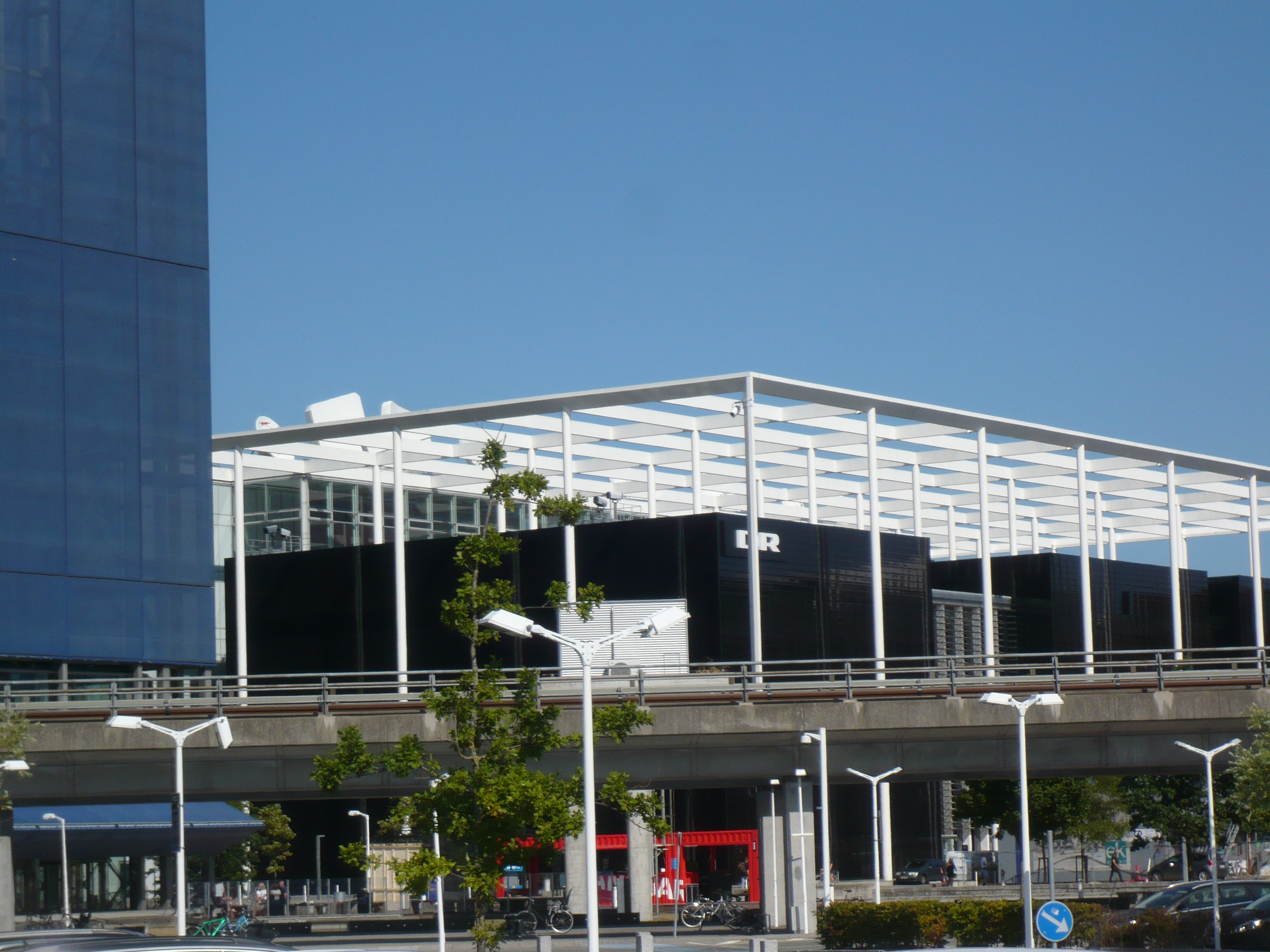
For the first time, we are connected to the same event, with the same concerns despite differences. And we use the same means against the pandemic everywhere, as if everywhere is the same. Lockdown. Physical distance. Washing hands. Efficient means for societies of well-off middle classes. As if the global community is such a well-off middle class. But, as a friend from India wrote me, what is distance for people in the slums, what is washing hands when the decision is whether the water is for washing or cooking? What is lockdown and working from home for nomadic people in West Africa, who must walk with their animals for water and must go to the market for basics and selling milk? What is it for migrant workers who lose their jobs and are far from their homes they now cannot travel to? What is really the global connection in the stories I can read about in my safe home in the rich North, confident that authorities are doing their best to get us through a crisis! The sense of being connected becomes a feeling of disconnection. I know something about what is happening, but the feeling of connection is soon to be revealed as the illusionary idea of a global community.
It becomes clear that globalization, as we know it, is about using particular standards for a world view. Globalization is a Western narrative for measuring the world. Once, we measured according to agreements and judgements between people adapting to situations. The judgement of universal kind would be the conclusive and final judgement beyond our reach. Now everything is transformed into units by universal standards of an indisputable kind that we can all use. A metric system for the physical world, one to use for drawing maps that in different colours determine jurisdiction; a system of exchange to measure profit and losses in books of accounting. Globalization has been about conquering the world with standards with which we can perceive our environment. We perceive in abstractions and standards indifferent to contexts, to places, to cultures, to people; we perceive in values of production and export, in mass produced entertainment and algorithmic provided narratives.
The world is shrinking, and the world is growing. Growing, as existence in West Africa and India is very distant from that of mine. Shrinking, because for a moment I can feel connected even to people in the slums and nomads in Sahel, as we become connected in uncertainty and concern, and in gratitude to the people who truly connect us – not the bankers and investors of globalization, but the nurses and health workers. I do feel connected, and next moment disconnected, and I see one standard being imposed upon people everywhere: the same physical distance, lockdown, self-isolation, face masks.
11 March – two days before I returned home to Copenhagen after being away for seminars and lectures; a journey beginning with normal life in Riga; a recorded lecture in Vilnius because the first cases in the country sent all students home; a new smell in Warsaw, the smell of hand sanitizers; and in Wrocław the virus was what everyone was talking about; travelling with the feeling of the world closing behind me, and then, on the 11th being out for a glass of wine to learn that in those same minutes the lockdown in Denmark was announced starting the next morning. Already while walking home the city was being transformed. The streets became deserted, the pulse of the city slower.
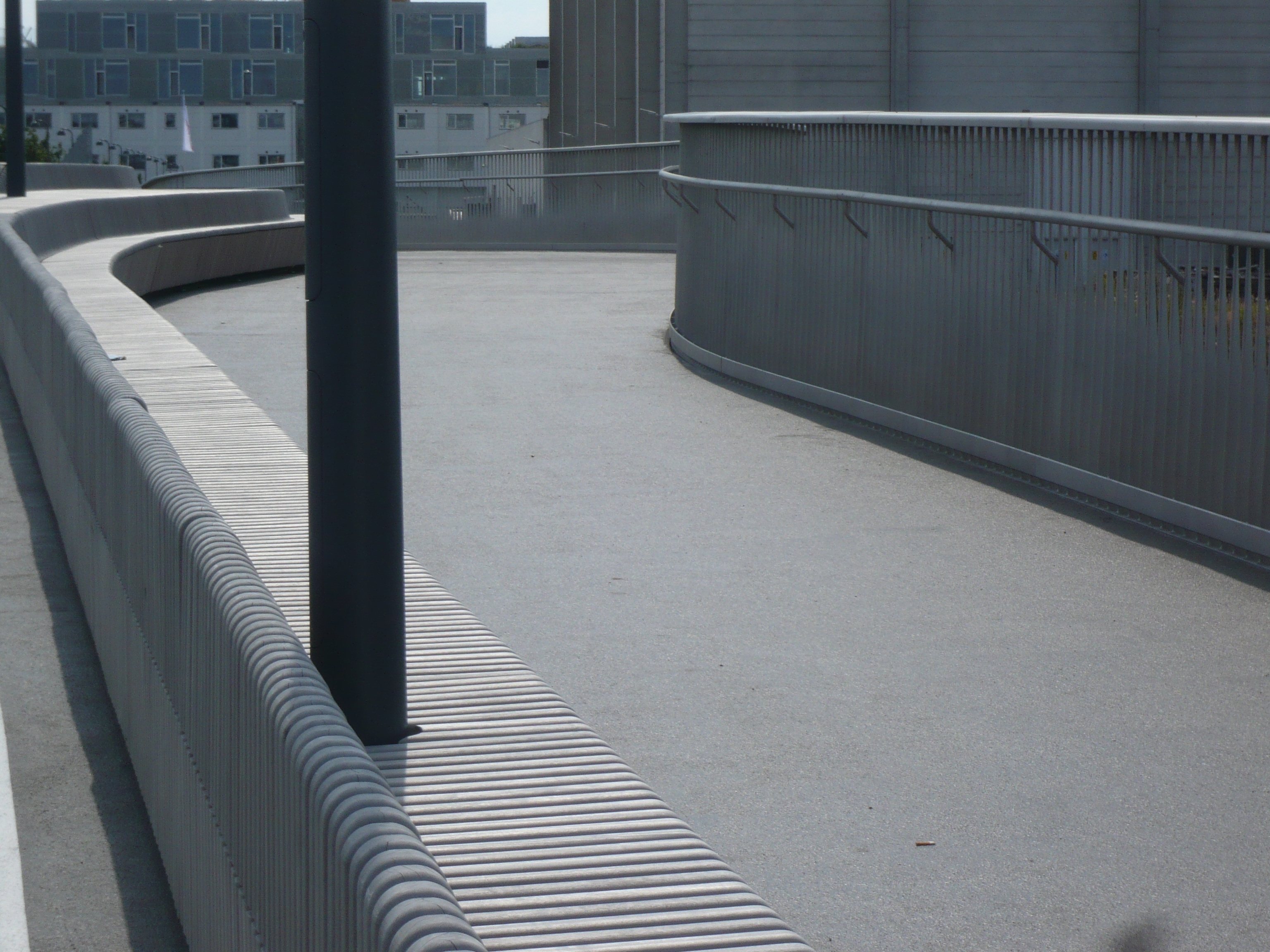
The following days, days of different names in the calendar, but any time I looked out the window on my normally busy street of pedestrians and bikes it was like a Sunday morning. Street life gone, sounds of the children in the kindergarten gone, no traffic, no contrails in the sky. Spring days, where usually the outdoor existence would be returning to the city, looked quieter than even in the Christmas holidays. Interrupted briefly in the evening when people opened windows to applaud the health workers and for a few minutes revealing that life existed behind the walls.
The Copenhagen lockdown was never a curfew. And from a world too small in the apartments everyone started to stroll in the nearby parks, along the lakes with their one-way paths to save everyone’s private bubble of one meter’s distance, along the harbour, in the green area across the water where I usually meet only a few people, the ones dedicated to long walks.
The rhythm of walking changed. A new way of passing others. Keeping your distance. But how should one now look at others when passing by? As if keeping the distance is violated by looking, and as if a sense of embarrassment is involved: I should not look as I respect your private and impenetrable zone – or, I should look to establish our common understanding of the situation and our sharing the feelings about it. The bubbles created already before the virus are perhaps reinterpreted, reinforced; the bubbles of screens and headsets where my physical presence was alien to the other’s audio-visual bubble reducing me to be a prop in staging urban life. Now, the physical presence that before was an invasion into the non-tangible electronic bubble is also a warning of potential danger. Physical presence must be both detected and rejected.
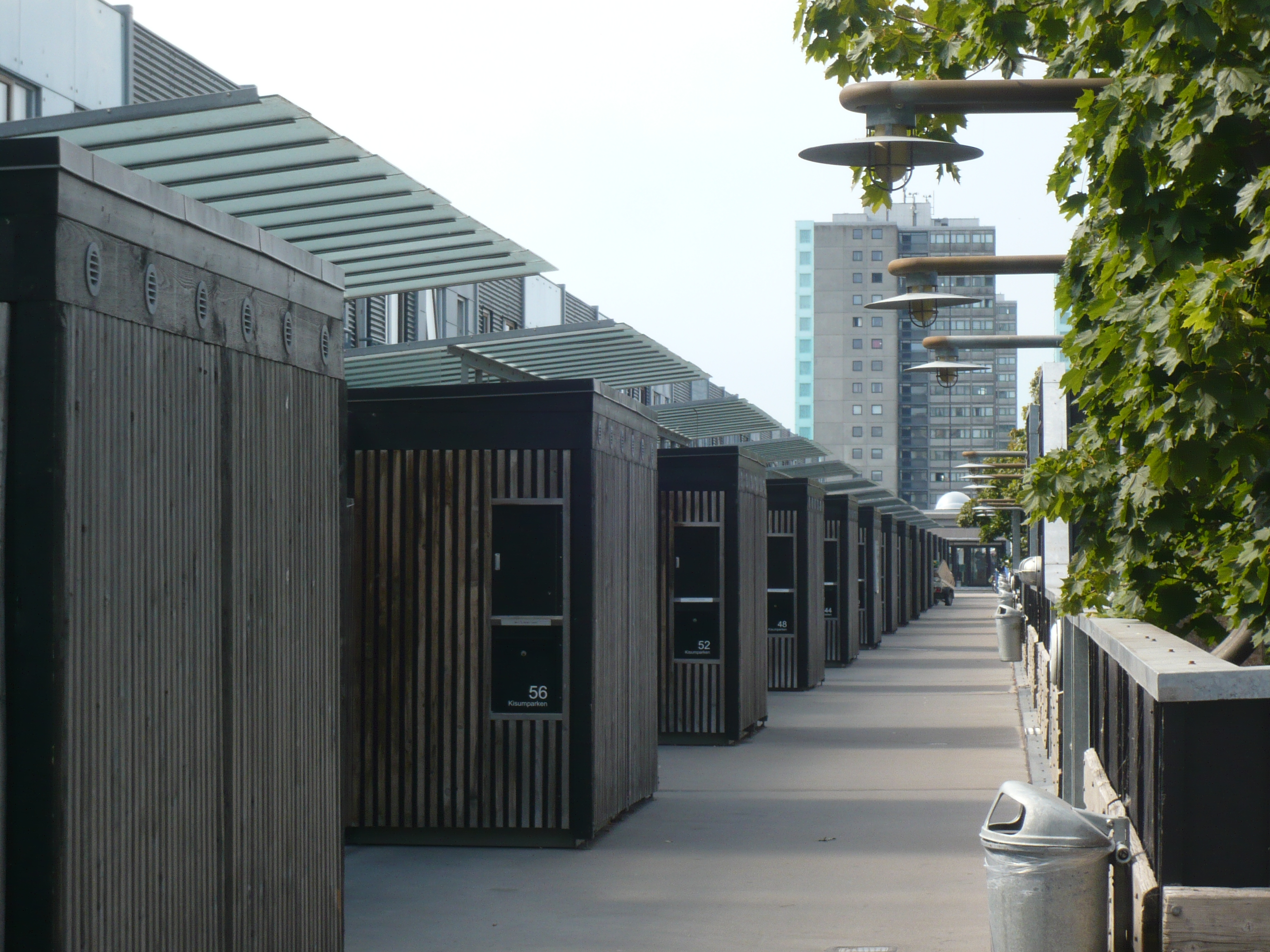
Maybe we are adding to a story of how the sense of touch through the centuries has lost its significance for us. Today, we believe that being in touch with someone or something is a finger on a touchscreen to activate visual and auditory information. Only when we shake hands, we find a reminiscence of the significance of touch in previous ages. We can still legally acknowledge that when an agreement is made it is concluded by touch, by the handshake as binding as printed letters. We still use, in a Western context, touching to greet another person whether with the hand, a kiss, a hug. The touching of another person is filled with significance, differing between cultures, and easily creating difficult situations of confusion and discomfort, also within well-established rules, because touching is social and can be hierarchical. But our touching each other is not usually as deeply connected to reality as it was in ages where the touching of relics would also be a way to be in touch with God. When we now withdraw further from touching, we do not feel we are losing touch with reality, as they did when the plague in the 14th century taught the danger of touching, and relics were taken away from the congregation to only be in the hands of the priest, as Constance Classen tells us.
We may wonder what touch with reality we are losing today when keeping our distance has become the rule. The removal of relics was also an act of power when being in touch with God became mediated by the priest. We see how the increasing use of electronic media – our skyping, zooming, teaming etc. because we have to work from home, see family from home, be entertained at home – leaves our reality to be mediated by the modern priesthood of the tech industries. So whose interests are we now in the hands of? Traditionally, Western philosophy has placed touch among the lower senses because it engages directly with concrete and individual things; vision works from a distance and gives us an overview, and knowledge is about stepping away from the concrete to place it in context. However, having an overview is also to overlook details. Touch, Aristotle says, is the most fundamental sense, one that can be present without the other senses but not the other way around. Touch, he insists, is essential for living – any living body must have tactile sensation to survive. Are we giving away a sense, touch, our physical presence among people and objects, to become puppets of the visual? Puppets in visions of profit and consuming, of commercial interests, where our feeling of being globally connected proves to be an illusion of a still more limited view, out of touch with the world around us? We may not physically cease to exist, but our existence is more than physical.
Thus, the seemingly unlimited access to the world through media may be accompanied by a sense of claustrophobia, a feeling of being in an invisible bubble of visual and auditory abundance, yet edited for us and deprived of tangible relations. My students are present on the screen; I participate in lectures and events globally as never before, but I am not in touch with lecturers and audiences or with my students when I cannot feel their reactions. Even the Roman Quintilian explained how difficult it is to deal with laughter which, as he writes, is ‘stimulated not only by certain actions or words, but sometimes also just by physical contact’. Laughter and wit belong to the situation one is present in, and present is not a matter of being present in spirit only. What would laughter be if it is not with the body?
In these times, where we have made the visual so dominant, we may also become blind to many things. We build our global connections while, at the same time, the most vulnerable become invisible. I wonder how Heiberg could write only a single page about the cholera; I wonder how a view of our current events may prove to be just as disproportionate to what is happening right in front of us, without us having a feeling for it. We change habits, we change our sensual relations, we feel intimidated by regulations and events that disrupt our plans, but do we really have a sense of what it is we do?
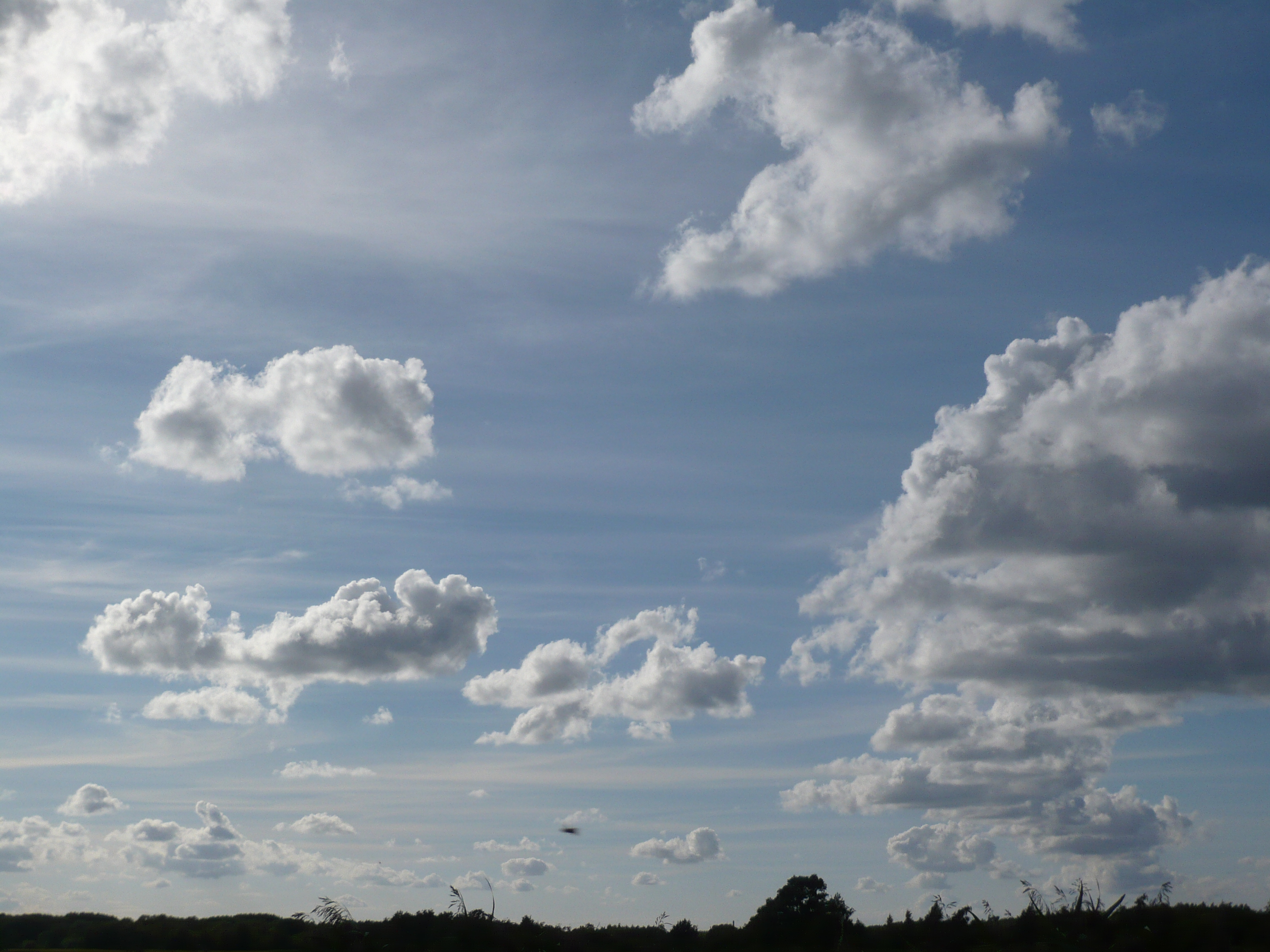
Carsten Friberg, Copenhagen based independent scholar, holds a PhD in philosophy and works with research and teaching related to aesthetics and politics.
https://carstenfriberg.carbonmade.com/
https://independentresearcher.academia.edu/CarstenFriberg
Photographs of Copenhagen are author’s own
